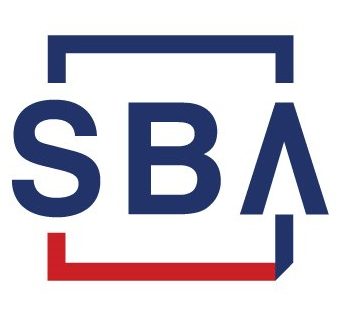
The U.S. Small Business Administration (SBA) issued guidance Thursday reminding larger companies with adequate sources of liquidity to support ongoing operations of their responsibility to certify their eligibility for Paycheck Protection Program (PPP) loans if they apply or have applied.
The SBA also issued guidance Friday in an interim final rule related to the PPP addressing promissory notes, authorizations, affiliation, and eligibility.
An example in Thursday’s guidance stated that a public company with “substantial market value and access to capital markets” should be prepared to demonstrate to the SBA the basis for its economic need certification. The guidance does not further define “substantial market value.”
The guidance sets a May 7 deadline for borrowers to repay PPP funds if they can’t certify in good faith that current economic uncertainty makes the PPP loan request necessary to support ongoing operations. The guidance is presented in an update to the SBA’s Q&As related to the PPP.
In guidance added to its Q&A document, the SBA explained that all borrowers must assess their economic need for a PPP loan under the standard established by the Coronavirus Aid, Relief, and Economic Security (CARES) Act, P.L. 116-136.
Some larger companies, both public and private (such as Shake Shack and Sweetgreen), already have announced that they will be returning their PPP loans.
According to the guidance, PPP borrowers must make the good-faith certification while taking into account their current business activity and ability to access other sources of liquidity sufficient to support their ongoing operations in a manner that is not significantly detrimental to the business.
Lenders, on the other hand, may rely on a borrower’s certification regarding the necessity of the loan request, according to the guidance.
Interim final rule addresses additional issues
The interim final rule addressed other issues related to the PPP, including:
- Requirements for promissory notes and authorizations. Lenders may use their own promissory note or an SBA form of promissory note, as previously indicated in the SBA’s FAQs. Lenders are not required to use a separate SBA authorization for SBA to guarantee a PPP loan, but lenders must have executed SBA Form 2484 (the Lender Application Form — Paycheck Protection Program Loan Guaranty) to issue PPP loans and receive a loan number for each originated PPP loan.
- Clarifications regarding eligible businesses. Hedge firms and private-equity firms are not eligible for PPP loans. The guidance also addresses portfolio companies of private-equity funds, hospitals owned by governmental entities, and businesses that receive revenue from legal gaming revenue.
- ESOPs and the affiliation rules. Participation in an employee stock ownership plan (ESOP) does not trigger application of the affiliation rules for purposes of the PPP.
- Businesses in bankruptcy. If the applicant or owner of the applicant is the debtor in a bankruptcy proceeding when it submits the application or at any time before the loan is disbursed, the applicant is ineligible to receive a PPP loan.
Funding basics
PPP loans are available to small businesses that were in operation on Feb. 15 with 500 or fewer employees, including not-for-profits, veterans’ organizations, Tribal concerns, self-employed individuals, sole proprietorships, and independent contractors. Businesses with more than 500 employees in certain industries also can apply for loans, according to the SBA and Treasury.
The initial $349 billion set aside for PPP loans was exhausted in just 12 days, but Congress this week approved a $310 billion replenishment of the PPP program. President Donald Trump signed the legislation Friday.
The AICPA’s Paycheck Protection Program Resources page houses resources and tools produced by the AICPA to help address the economic impact of the coronavirus.


